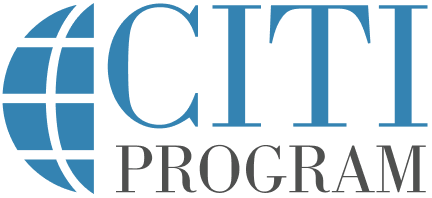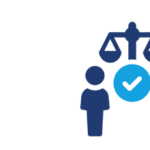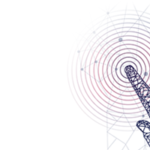Overview
In July 2025, the National Institutes of Health (NIH) issued a new notice titled “Supporting Fairness and Originality in NIH Research Applications.” The notice introduces new policies designed to ensure that NIH grant applications showcase original ideas and do not rely heavily on generative artificial intelligence (AI) tools. Additionally, the policy limits the number of grant applications an individual Principal Investigator (PI) may submit per calendar year.
These policies take effect for grant applications submitted on or after September 25, 2025.
Use of AI in Grant Applications
NIH indicates that while AI tools may assist with some limited aspects of preparing an application, applicants must not use them in a way that replaces the originality of their work. According to the policy:
- NIH will not consider applications that are substantially developed by AI to be original ideas of the applicant.
- Suppose NIH detects the use of AI-generated content after awarding an application. In that case, NIH may take enforcement actions and refer the matter to the Office of Research Integrity (ORI) to assess whether research misconduct has occurred.
- Such actions may include:
- Disallowing costs
- Withholding future awards
- Suspending the grant wholly or in part
- Possible termination of the grant
- NIH uses AI-detection technology to help identify AI-generated content in applications.
- Improper use of AI may result in outcomes such as plagiarism, fabricated citations, or other types of research misconduct.
The notice references NIH Grants Policy Statement Section 2.1.2, which expects that institutions and affiliated research teams propose original ideas. Section 4.1.27 of the GPS also outlines NIH’s oversight responsibilities related to research misconduct.
New Limit on Grant Application Submissions per PI
Effective September 25, 2025, NIH will limit the number of applications that it will accept from any individual Principal Investigator per calendar year:
- NIH will only accept six new, renewal, resubmission, or revision applications per calendar year per individual PI.
- This applies to:
- Single PD/PI submissions
- Multiple PD/PI submissions
- The limit does not apply to:
- T activity codes (training grants)
- R13 Conference Grant Applications
The NIH has set a new limit based on submission data, which shows that most applicants submit fewer than six applications per year. In contrast, some applicants submit over 40 in a single submission round.
Roles and Responsibilities: Reference to GPS Section 2.1.2
Section 2.1.2 of the NIH Grants Policy Statement outlines responsibilities for those involved in NIH grant submissions:
- Authorized Organization Representative (AOR): Ensures materials submitted are original and certifies organizational compliance.
- Program Director/Principal Investigator (PD/PI): Directs the project and ensures proper conduct and compliance with NIH requirements.
- Research Administrator: Provides day-to-day support on grant-related matters as a local agent of the AOR and/or PD/PI.
These roles are considered central to the scientific and administrative success of NIH-funded research projects.






